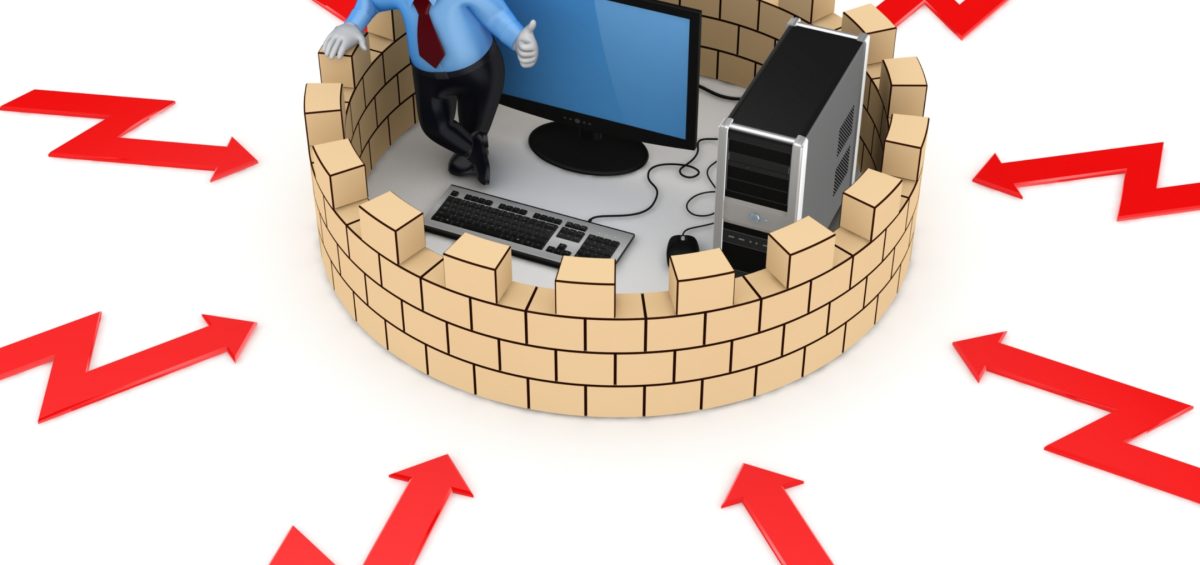In the rapidly evolving digital landscape, companies face an ever-growing challenge to protect their company data and maintain operational continuity.
As the first line of defence against cyber breaches, firewalls play a pivotal role in safeguarding company data by forming a barrier between the external world and their network.
In this blog post, we delve into the significance of firewalls and how they keep companies safe from cyber threats.
Understanding Firewalls
At its core, a firewall is a network security device designed to monitor and control incoming and outgoing network traffic based on predefined security rules.
Think of it as a virtual security guard stationed at the gate of your company’s network, filtering and inspecting every data packet that seeks entry or exit.
Protection against Unauthorised Access
One of the primary functions of a firewall is to prevent unauthorised access to a network. By analysing network traffic, firewalls can detect and block malicious attempts to infiltrate the network, such as hacking attempts, unauthorised remote access, and data breaches.
Traffic Control and Filtering
Firewalls act as traffic controllers, allowing authorised traffic to flow freely while blocking or filtering out suspicious or malicious traffic. They use various techniques, such as packet filtering, stateful inspection, and application-level filtering, to examine packets and ensure they meet specific security criteria before allowing them to pass through.
Network Address Translation (NAT)
Firewalls often utilise Network Address Translation (NAT) to hide the internal IP addresses of devices within the network, making it challenging for external entities to identify and target specific devices directly. NAT adds an extra layer of security by obfuscating the internal network structure.
Application Control and VPN Support
Modern firewalls provide advanced features like application control, enabling organisations to regulate access to specific applications and restrict their usage as needed. Additionally, firewalls often support Virtual Private Networks (VPNs), which enable secure remote access for employees and protect sensitive data transmitted over public networks.
Intrusion Detection and Prevention
Many firewalls incorporate intrusion detection and prevention systems (IDPS) that actively monitor network traffic patterns and behaviour. These systems can detect and block suspicious activities in real-time, such as port scanning, malware propagation, and unauthorised protocol usage. The firewall plays a pivotal role in mitigating potential threats before they can inflict damage.
Conclusion
In an era where cyber threats continue to evolve and proliferate, organisations must fortify their defences with robust cybersecurity measures. Firewalls stand as the first line of defence, shielding organisations from cyber breaches by:
- Meticulously examining network traffic
- Blocking unauthorized access attempts, and
- Providing granular control over data flow.
Implementing a well-configured firewall as part of a comprehensive cybersecurity strategy can significantly reduce the risk of attacks, ensuring the protection of sensitive data, the integrity of systems, and the overall resilience.
Contact us today if you would like to more information about firewalls and how they can help you to fortify your most valuable of assets: your company data!


